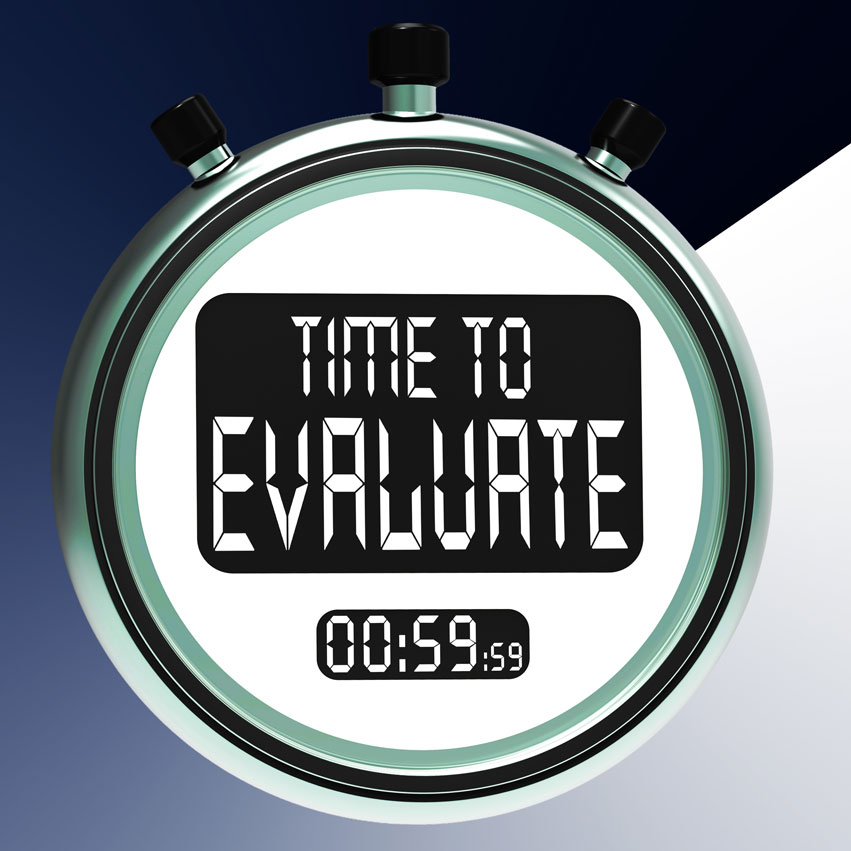I have spent most of my professional life teaching how to grow your influence. I am all for increasing your influence; however, there are people who seek to influence you that might be detrimental to your progress or even disastrous to your well-being. It is important we are able to dissect these influence attempts, and Dr. Philip Zimbardo, who is internationally recognized as a leading "voice and face of contemporary psychology" through his widely seen PBS-TV series, Discovering Psychology, his media appearances, best-selling trade books on shyness, and his classic research, The Stanford Prison Experiment, is a great resource.
Zimbardo has been a Stanford University professor since 1968 (now an Emeritus Professor), having taught previously at Yale, NYU, and Columbia University. He continues teaching graduate students at the Pacific Graduate School of Psychology, and at the Naval Post Graduate School (Monterey).
How Do You, the Influencer, Assess and Resist Negative Influence Yourself?
Here are the first 10 tips of Dr. Zimbardo’s 20 ways to avoid negative influence with my take on each point.
1. Do not maintain an illusion of “personal invulnerability” – if it can happen to them, then it can happen to you too.
My take: Too often I see the most effective influencers have huge blind spots. Often, high-level leaders are big picture people and operate off of intuition. Many leaders are highly optimistic and don’t want to slow down enough to take a deep look at the merits of an idea. You can be taken advantage of as not everyone has your best intentions at heart.
2. Be modest in self-estimates – it is better to perceive yourself as vulnerable and take necessary precautions than to go “where angels fear to tread.
My take: Be aware of your blind spots in advance. If you are an optimistic big picture person, have someone around you who is wired as more of a realist to listen in to the person seeking to influence you.
3. Engage in life as fully as possible, yet be mindful and aware, attuned to the moment, and prepared to disengage and think critically when necessary – people are generally good and trustworthy, but others make their careers as “influence professionals” who try to get you to do what they want.
My take: We definitely don’t want to live life thinking the worst of others. That is a miserable way to live. Do have your trust radar on and think through how the influence sought by those seeking to influence you benefits them professionally or personally. Perhaps it is a win/win. Perhaps it isn’t.
4. Be ready to say the three most difficult phrases in the world: “I was wrong,” “I made a mistake,” and “I’ve changed my mind.” Cut bait, accept immediate loss of money, face, etc. that could lead to bigger long term losses – Dissonance and consistency then go limp in the face of such self-honesty.
My take: Saving face kills many leaders. This week I am watching Donald Trump save face in the situation with Mr. Kahn, whose son died in service to the United States. His TV surrogates are struggling on the network news to justify his remarks. Mr. Trump could say, “I was wrong,” and move the agenda to why Kahn’s son was in a war in the first place. Saving face can be for personal reputation or for financial means. In his book The Contrarian’s Guide to Leadership, Dr. Steven Sample, former President of USC, tells of the time his university purchased a very expensive piece of optical technology, which proved to not be the best option. Instead of making students continuing to learn on the wrong equipment because they had spent half a million dollars on it, they bit the bullet and counted the purchase as a loss, moving to the new and better technology.
5. Separate your ego from your actions; maintain a sense of positive self-esteem that is independent from the occasional failure and your stupid actions at times (Laugh at yourself once a day. This is especially true for shy folks.)
My take: We are more than our failures. A failure is something that happens to you; it is not who you are.
6. Separate messenger from message in your mind, process each systematically not heuristically, be aware of being tired, a “cognitive miser,” wanting simple short cuts, giving in to non-verbal tricks. There are no free lunches, and no quick and dirty paths to anything worthwhile – sloth and greed breed gullibility.
My take: This is tough for people pleasers. Often, these personalities are not able to say no to bad messages because of who is delivering it. A great person can have a very bad idea. Don’t be afraid to identify this as such, and even quote the previous sentence to him/her.
7. Insist on a second opinion; delay in signing a contract while thinking about it away from the situation; never immediately sign on the dotted line.
My take: The “sleep on it” rule should always be in effect unless someone’s life is hanging in the balance. Most of the time, when people force an arbitrary timeline on you, it is because they are fearful their idea doesn’t stand up to long-term scrutiny. The decision maker holds the power.
8. Develop “Discrepancy Detectors” alerting mental and intuition systems that stem from vague feelings of something wrong, something in the situation, or in the story you are being handed that does not fit.
My take: Definitely start with this and do due diligence. However, once you have done due diligence and see nothing wrong, don’t stay trapped by intuition. Move on the data itself.
9. Try playing devil’s advocate and be the deviant to assess the reactions against you and that position, when the influence agent says he/she is only doing X for your good.
My take: This is where having a great selection of profound questions is a huge asset. Asking wise questions can get to the bottom of things, including intentions and motivations. It can also force the influencer to disclose their specific benefit from the agreement proposed.
10. Avoid “Total Situations” where you lose contact with your social support and informational networks (cults and the most powerful forces of social influence thrive there). You do not want all your reinforcers to come from these new sources.
My take: Avoid this in even more subtle ways. If a salesperson knocks on your door and seeks to sell to you, you can always say, “I need to speak with my spouse about this.” If they dissuade you from this, beware. Any idea that requires you to evaluate it in isolation probably isn’t an idea that you need to quickly act upon.
Next time we will look at Professor Zimbardo’s additional 10 ideas from 20 ways to avoid negative influence. Be an influencer. Don’t get duped into poor decisions by bad influencers. Have your radar on and ears open while not capitulating to paranoia.





